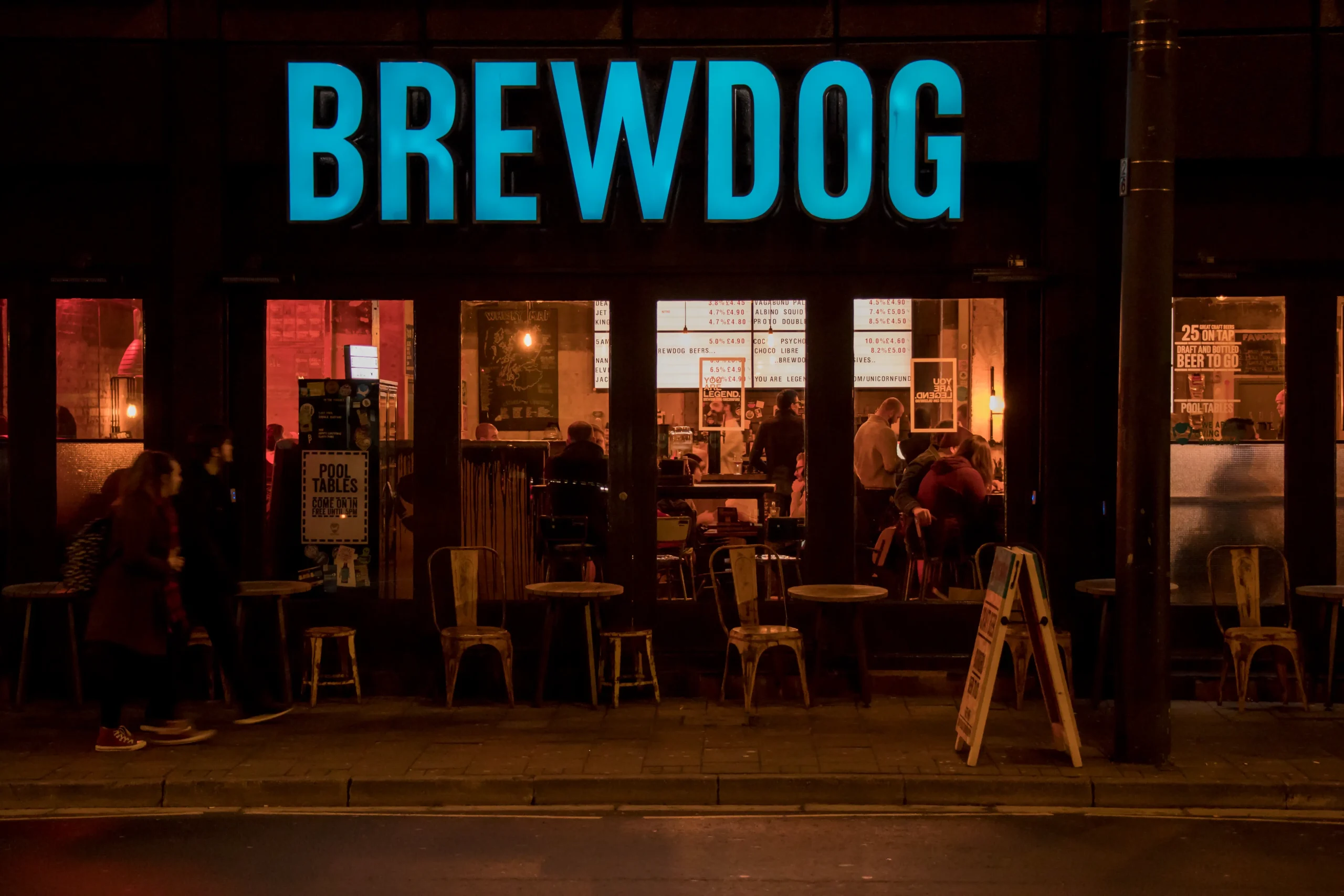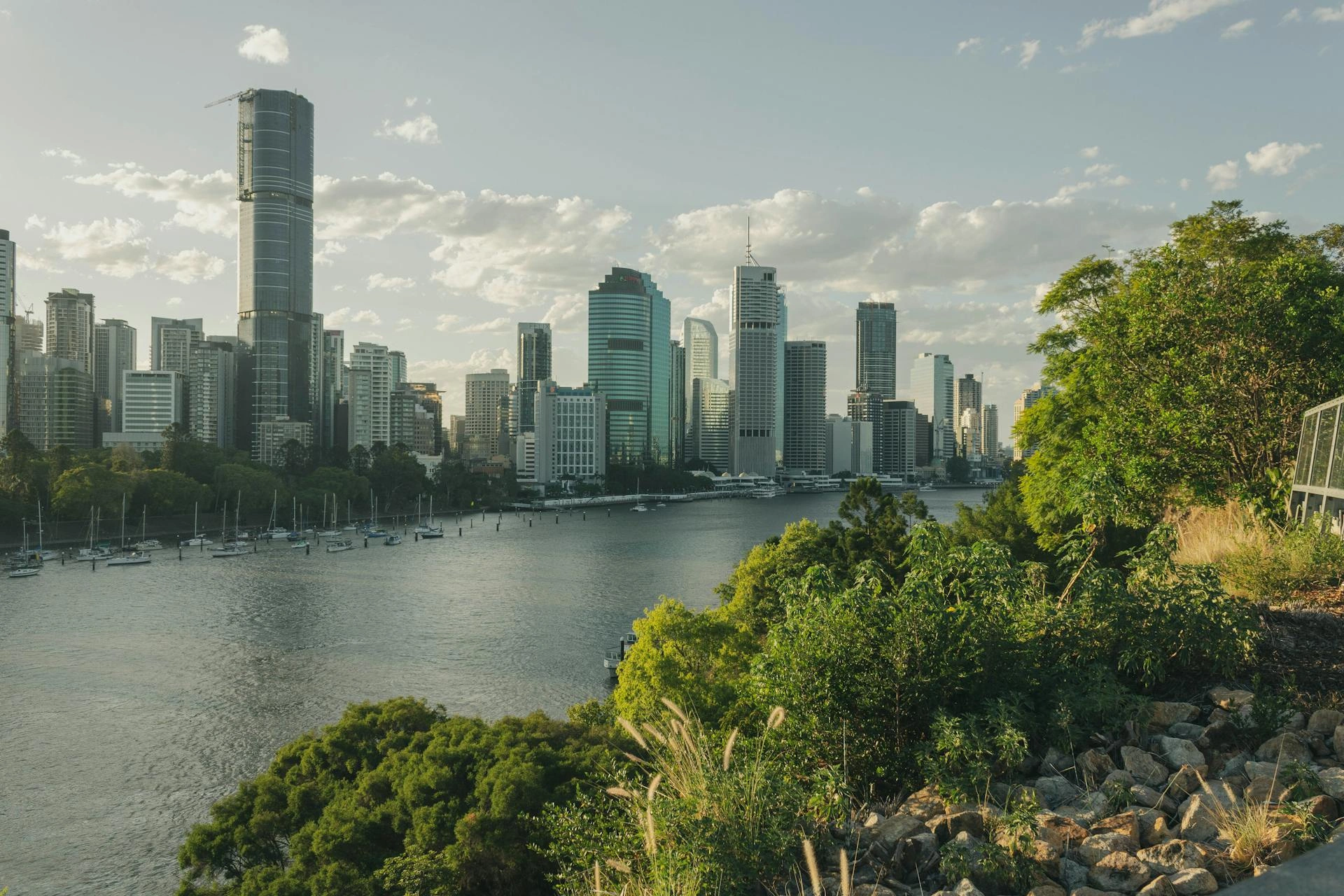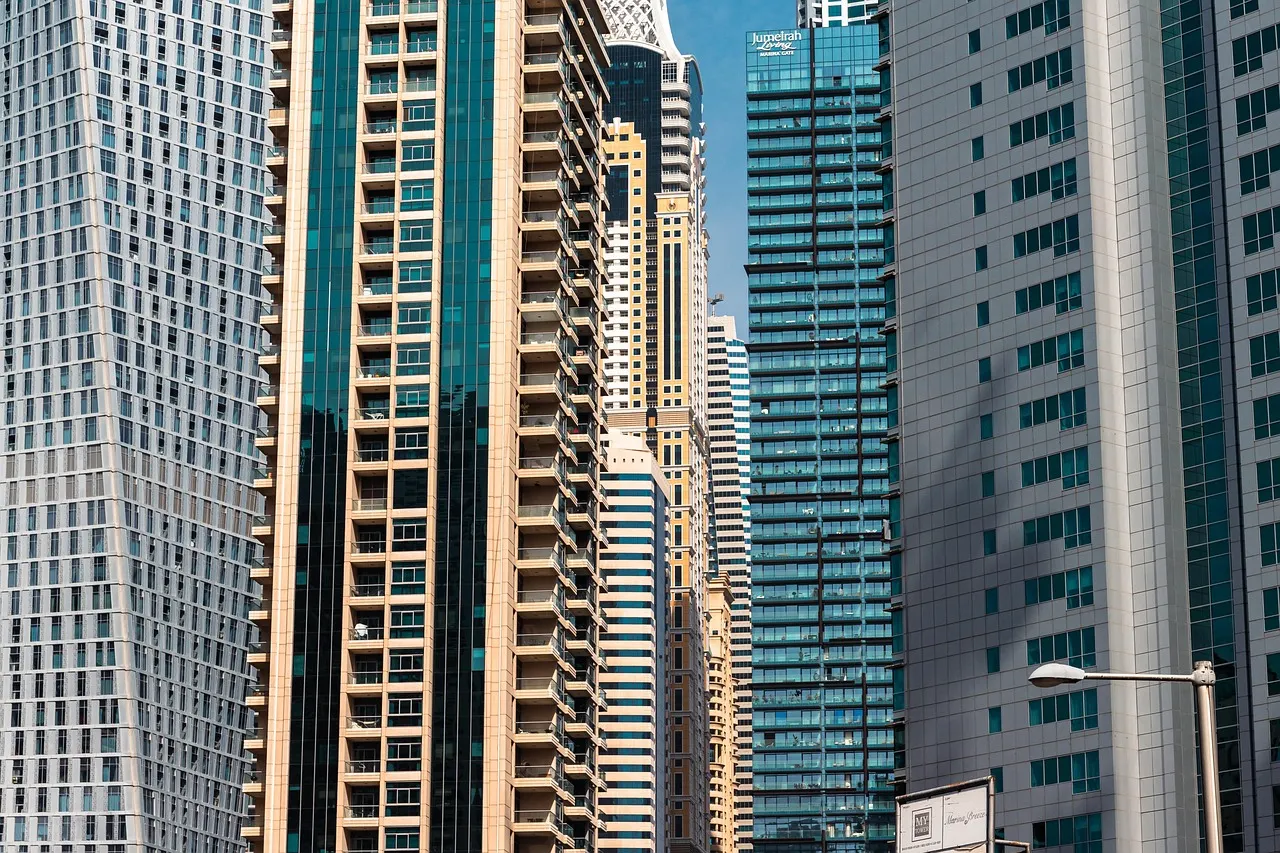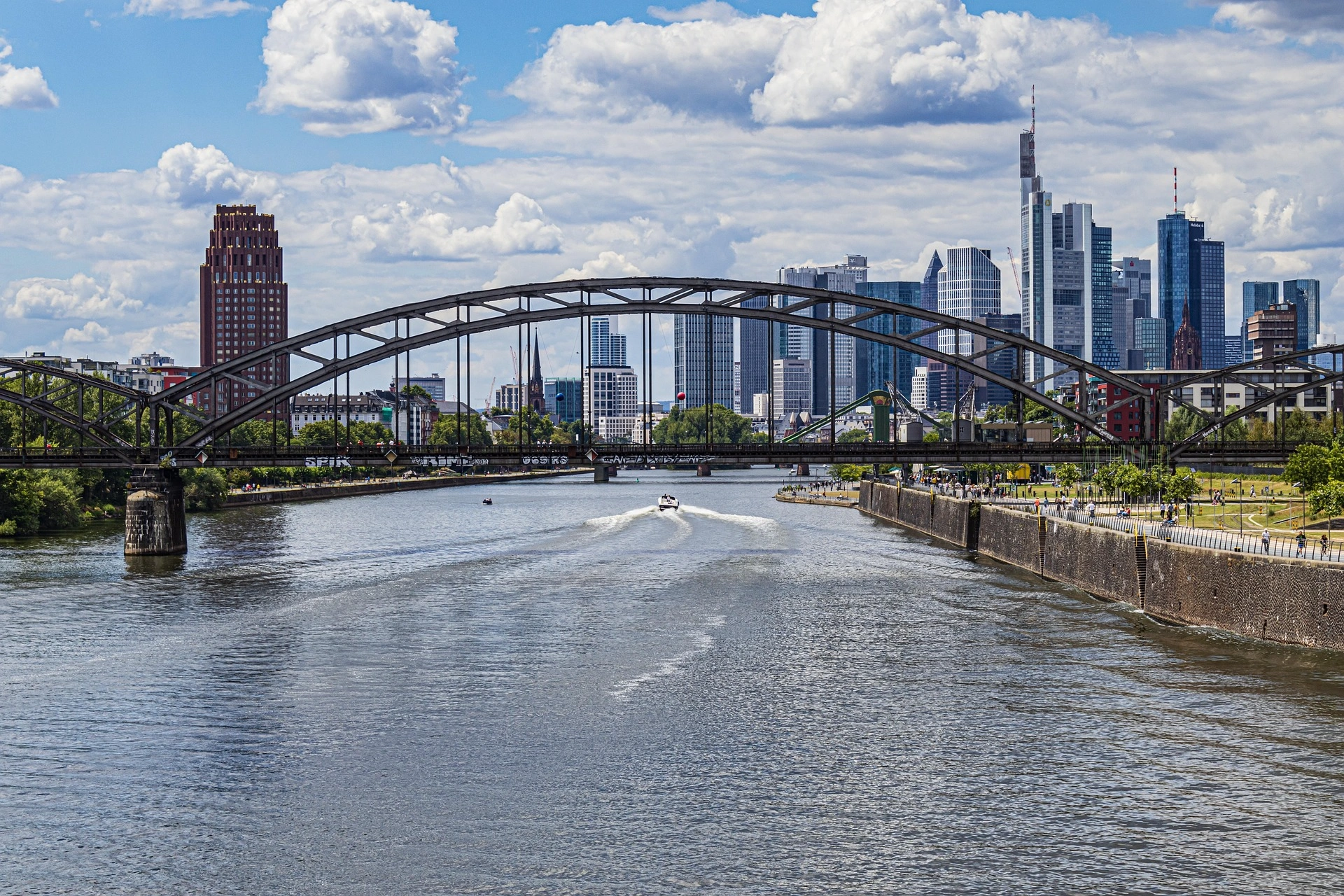Inflation takes breath-taking leap, surging at fastest rate in over 20 years

John E. Kaye

- The Consumer Price Index measure of inflation surged to 3.2% in August (up from 2% in July).
- This is the biggest jump ever recorded for this index (which started in 1997).
- Part of this is due to the ‘Eat Out to Help Out’ scheme running last August, which pushed prices down significantly a year earlier, and will drop out of the figures next month.
- But some of it is down to big rises that look set to stick around – including food, petrol and cars.
- The Bank of England expects inflation to hit 4% by the end of the year.
The ONS has released inflation data for August: Consumer price inflation, UK: August 2021 – Office for National Statistics
HL comment on why it’s happened, the impact for shoppers, savers, the economy, and the direction of interest rates:
Sarah Coles, personal finance analyst, Hargreaves Lansdown:
“Inflation has taken a breath-taking leap, surging at its fastest rate in over 20 years. It was given a significant shove by the Eat Out to Help Out scheme discounts a year earlier, which will drop out of the figures next month. However, much of this enormous jump is powered by the same alarming imbalance between supply and demand that has seen yawning gaps open up on the supermarket shelves. It spells trouble for shoppers, savers and the broader economy.
Why inflation has risen
Some of this is temporary, because 0.4 percentage points of the rise is an artificial blip caused by the Eat Out to Help Out scheme, which offered a 50% discount on food and non-alcoholic drinks. A year ago it pushed inflation lower, and naturally a year down the track it has pushed it higher. This only lasted a month, so will feed out of the figures quickly. Prices were also depressed a year earlier by the reduced VAT rate for the hospitality sector.
But other changes look set to stick around. Petrol prices fuelled much of the rise. This time last year they had risen slightly from rock bottom to 113.1 pence per litre, but by this August they had shot up to 134.6 pence per litre, their highest in eight years.
Used car prices also drove some of the change. They were up 4.9% in a month, and up 18.4% since April this year. Demand for cars increased as we looked for alternatives to public transport in the wake of the pandemic, and with a shortage of computer chips causing long waiting lists for new cars, we piled into the second-hand market. Meanwhile, there are fewer used cars coming to the market because people have extended their leases, and the shortage of new cars mean fewer part-exchanges.
Food prices are starting to creep up too. These are relatively small rises in prices across the basket, which are being compared to falls a year earlier. However, it’s likely to be a sign of things to come. We’ve had plenty of warnings from retailers that prices are on the march, and the ONS highlighted reports of supply chain problems, coupled with higher demand from people freed from lockdown and cranking up the BBQ.
What happens next?
This is the million dollar question. The Bank of England expects it to hit 4% towards the end of 2021 and then drop, as the impact of the first lockdown and supply bottlenecks drop out of the figures. However, some of these trends aren’t going anywhere fast, and with warnings of prices rising, and supply chains creaking, there’s a risk some of this inflation is here to stay. There’s also the chance of possible wage rises as vacancies hit record highs, and when price and wages feed into one another, the only way is up for inflation.
Savers
We can’t beat inflation in a normal savings account at the moment, but that doesn’t mean we should give up. Our research shows that by far the most common reason for people not switching their savings at the moment is that they think rates are too low to bother with, mentioned by 42% of people, but there’s a world of difference between a miserable easy access account paying 0.01% from a high street giant and the best on the market – which offers 65 times the interest (Tandem Bank offering 6.5%).”
The economy
Susannah Streeter, senior investment and markets analyst, Hargreaves Lansdown:
“Already prices paid by consumers are rising well above the target rate but it’s also the 5.9% increase in the price of goods bought and sold by UK manufacturers which will be unpalatable food for thought for policy makers at the Bank of England. For months members of the monetary policy committee have been reading from the same menu, underlining that higher prices should be transitory. But with producer price inflation soaring, shipping costs showing little sign of cooling, commodity prices heating up, and vacancies tipping one million, there is a growing chance that one mess of a hot dinner could be arriving on their plates.
Producer prices for August show a 1.4% month on month jump in prices of manufactured goods and although for now a lid is still being kept on the prices of food on the shelves, some wholesalers and retailers have already warned they can’t keep absorbing higher costs and they will have to pass them onto their customers. If higher prices linger, more members may move quickly to vote for a rate rise sooner than expected next year, but it would be an unpopular course of action with looming tax rises already hard to digest for many consumers.”
RECENT ARTICLES
-
 BrewDog collapses into administration as US cannabis group Tilray buys UK business for £33m
BrewDog collapses into administration as US cannabis group Tilray buys UK business for £33m -
 Government consults on social media ban for under-16s and potential overnight curfews
Government consults on social media ban for under-16s and potential overnight curfews -
 Twitter co-founder Jack Dorsey cuts nearly half of Block staff, says AI is changing how the company operates
Twitter co-founder Jack Dorsey cuts nearly half of Block staff, says AI is changing how the company operates -
 Brisbane named world’s best city to raise a family, with London second
Brisbane named world’s best city to raise a family, with London second -
 Hornby sells iconic British slot-car brand Scalextric for £20m
Hornby sells iconic British slot-car brand Scalextric for £20m -
 WPSL targets £16m-plus in global sponsorship drive with five-year SGI partnership
WPSL targets £16m-plus in global sponsorship drive with five-year SGI partnership -
 Dubai office values reportedly double to AED 13.1bn amid supply shortfall
Dubai office values reportedly double to AED 13.1bn amid supply shortfall -
 €60m Lisbon golf-resort scheme tests depth of Portugal’s upper-tier housing demand
€60m Lisbon golf-resort scheme tests depth of Portugal’s upper-tier housing demand -
 2026 Winter Olympics close in Verona as Norway dominates medal table
2026 Winter Olympics close in Verona as Norway dominates medal table -
 Europe’s leading defence powers launch joint drone and autonomous systems programme
Europe’s leading defence powers launch joint drone and autonomous systems programme -
 Euro-zone business activity accelerates as manufacturing returns to expansion
Euro-zone business activity accelerates as manufacturing returns to expansion -
 Deepfake celebrity ads drive new wave of investment scams
Deepfake celebrity ads drive new wave of investment scams -
 WATCH: Red Bull pilot lands plane on moving freight train in aviation first
WATCH: Red Bull pilot lands plane on moving freight train in aviation first -
 Europe eyes Australia-style social media crackdown for children
Europe eyes Australia-style social media crackdown for children -
 These European hotels have just been named Five-Star in Forbes Travel Guide’s 2026 awards
These European hotels have just been named Five-Star in Forbes Travel Guide’s 2026 awards -
 McDonald’s Valentine’s ‘McNugget Caviar’ giveaway sells out within minutes
McDonald’s Valentine’s ‘McNugget Caviar’ giveaway sells out within minutes -
 Europe opens NanoIC pilot line to design the computer chips of the 2030s
Europe opens NanoIC pilot line to design the computer chips of the 2030s -
 Zanzibar’s tourism boom ‘exposes new investment opportunities beyond hotels’
Zanzibar’s tourism boom ‘exposes new investment opportunities beyond hotels’ -
 Gen Z set to make up 34% of global workforce by 2034, new report says
Gen Z set to make up 34% of global workforce by 2034, new report says -
 The ideas and discoveries reshaping our future: Science Matters Volume 3, out now
The ideas and discoveries reshaping our future: Science Matters Volume 3, out now -
 Lasers finally unlock mystery of Charles Darwin’s specimen jars
Lasers finally unlock mystery of Charles Darwin’s specimen jars -
 Strong ESG records help firms take R&D global, study finds
Strong ESG records help firms take R&D global, study finds -
 European Commission issues new cancer prevention guidance as EU records 2.7m cases in a year
European Commission issues new cancer prevention guidance as EU records 2.7m cases in a year -
 Artemis II set to carry astronauts around the Moon for first time in 50 years
Artemis II set to carry astronauts around the Moon for first time in 50 years -
 Meet the AI-powered robot that can sort, load and run your laundry on its own
Meet the AI-powered robot that can sort, load and run your laundry on its own



























